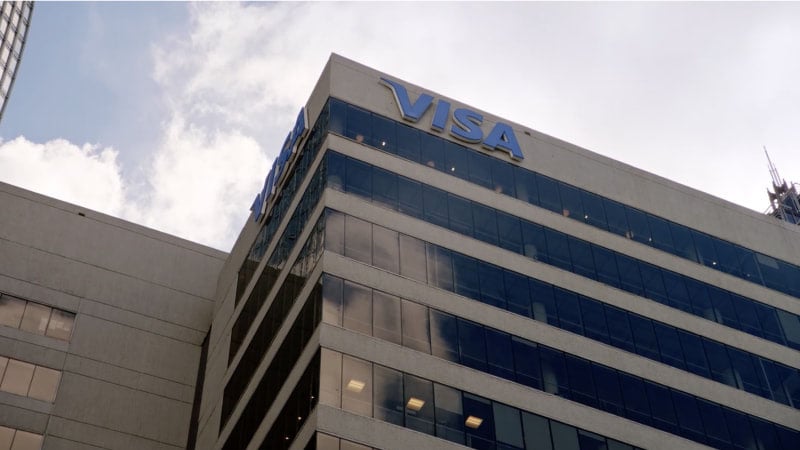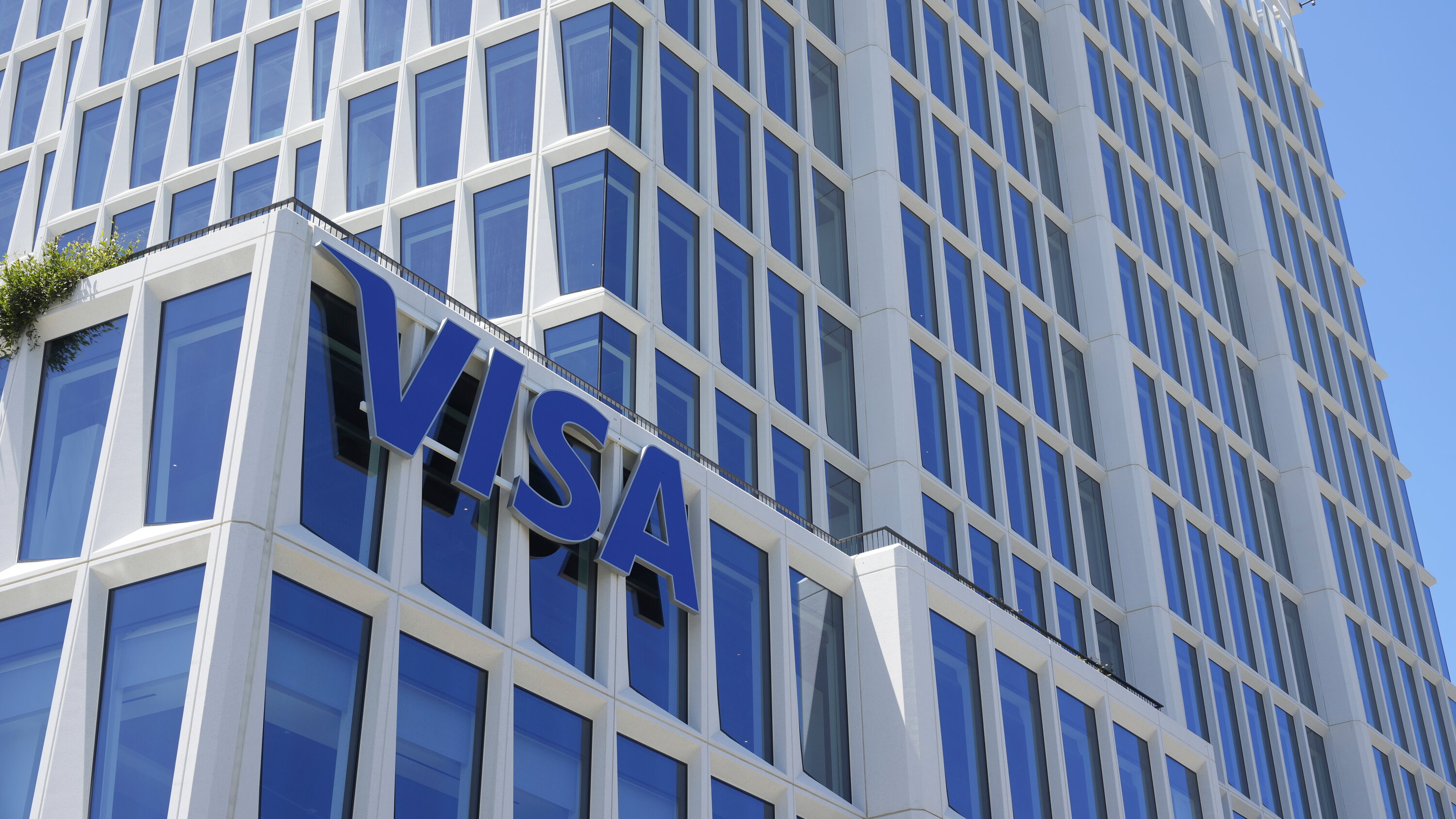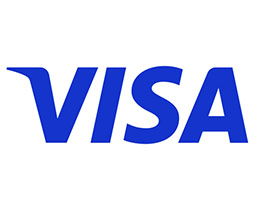Visa Inc. (NYSE:V) Faces Legal Challenges Amid Financial Optimism

- The Rosen Law Firm has called on shareholders who have suffered losses with Visa Inc. (NYSE:V) stock to step forward, highlighting potential legal actions.
- Citigroup analyst Andrew Schmidt sets a new price target for Visa at $319, suggesting a 10.52% potential upside despite legal concerns.
- Visa's stock shows resilience with a recent 1.28% increase, amidst a competitive landscape highlighted by a preference shift from Visa to MasterCard due to a pending lawsuit.
Visa Inc. (NYSE:V), a leading global payments technology company, has recently been in the spotlight due to a call to action by The Rosen Law Firm. This firm, specializing in securities class actions and shareholder rights, has urged individuals who have experienced financial losses with Visa's stock to come forward. This initiative, announced on September 27, 2024, aims to inform shareholders about their legal rights in light of unspecified events affecting the company's stock value.
In the midst of this legal attention, Visa's stock has been subject to financial analysis by experts in the field. Andrew Schmidt of Citigroup has set a new price target for Visa at $319, indicating a potential upside of approximately 10.52% from its price at the time of the announcement. This optimistic forecast, reported on September 24, 2024, suggests confidence in Visa's financial future despite the current challenges.
The announcement of the new price target came alongside a report from TheFly, which highlighted Citigroup's shift in preference from Visa to MasterCard due to a pending lawsuit. This shift underscores the competitive landscape in the payments technology sector, where legal and financial developments can significantly impact companies' market positions.
Visa's stock performance has shown resilience amidst these developments. On a recent trading day, the stock price increased by 1.28% to $275.17, with fluctuations between $272.78 and $277.98. Over the past year, Visa's shares have seen highs and lows, reaching up to $293.07 and dipping to $227.78, respectively. With a market capitalization of approximately $543.71 billion and a trading volume of about 6.43 million shares, Visa remains a formidable player in the global payments industry.
This financial and legal landscape presents a complex scenario for Visa Inc. and its shareholders. The call to action by The Rosen Law Firm, coupled with the financial analysis by Citigroup, highlights the multifaceted challenges and opportunities facing the company. As Visa navigates through these developments, shareholders and potential investors are closely watching the unfolding events and their implications for the company's future.
| Symbol | Price | %chg |
|---|---|---|
| V.BA | 27300 | 0.66 |
| MA.BA | 24260 | 0.21 |
| AXP.BA | 30860 | 0.65 |
| BFIN.JK | 750 | -0.67 |

Visa Beats Q3 Estimates But Holds Guidance Steady Amid Tariff Concerns
Visa (NYSE:V) reported better-than-expected third-quarter results but kept its full-year outlook unchanged, despite global economic uncertainty and ongoing trade tensions.
The company earned $2.98 per share on $10.2 billion in revenue for the quarter ended June 30, beating Wall Street expectations of $2.84 and $9.84 billion, respectively.
Net revenue rose 14% year-over-year, supported by increased payments volume and cross-border activity. Payments volume grew 8%, while cross-border transactions climbed 12% and total processed transactions increased 10%.
Visa said U.S. consumer spending remained strong across both discretionary and non-discretionary categories, despite the broader macroeconomic challenges stemming from tariffs and inflationary pressures.

Visa Inc. (NYSE: V) Continues to Dominate the Payments Industry
- Matthew Coad from Truist Financial sets a bullish price target of $400 for Visa Inc. (NYSE: V), indicating a potential increase of approximately 10.15%.
- Visa's fiscal second-quarter results exceeded Wall Street expectations, with a significant announcement of a $30 billion share buyback plan.
- The stock reached an all-time high above $369, marking a 15.6% increase since the start of the year and showcasing Visa's robust growth in the payments industry.
Visa Inc. (NYSE: V) is a global leader in the payments processing industry. Founded in 1958, Visa went public in 2008, raising $17.9 billion in what was then the largest public offering. The company has maintained a dominant position in the payments industry, even as it faces competition from other major players like Mastercard and American Express.
On June 2, 2025, Matthew Coad from Truist Financial set a bullish price target of $400 for Visa. At the time, Visa's stock was trading at $363.13, suggesting a potential increase of approximately 10.15%. This optimistic outlook aligns with Visa's recent developments, including a surge in the adoption of its "Tap to Phone" technology and a new scam disruption initiative.
Visa's fiscal second-quarter results exceeded Wall Street expectations, reflecting strong consumer spending. The company also announced a $30 billion share buyback plan, which has helped the stock remain resilient amid economic uncertainties. This buyback plan is a strategy where a company purchases its own shares from the marketplace, reducing the number of outstanding shares and often boosting the stock price.
Visa's stock recently reached an all-time high above $369, marking a 15.6% increase since the start of the year. Currently, Visa's stock is trading at $363.03, with a slight decrease of 0.59% today. The stock has seen a low of $359.96 and a high of $364.05 in today's trading. Visa's market capitalization stands at approximately $704 billion, reflecting its significant presence in the global market.

Truist Launches Coverage on Visa With $400 Price Target, Citing Defensive Strength
Truist Securities initiated coverage on Visa (NYSE:V) with a Buy rating and a $400 price target, pointing to the payment giant’s resilient earnings profile and appeal as a defensive investment, even during periods of economic uncertainty.
Analysts highlighted Visa’s ability to deliver mid-to-high single-digit earnings growth even in a downturn, supported by its diverse revenue mix, including stable value-added services and brand fees tied to essential consumer spending. Additionally, the firm noted Visa's flexibility to manage costs—such as by scaling back marketing—and its robust buyback activity as further buffers during economic slowdowns.
While Truist sees a potential drag from softer cross-border spending, which led to slightly below-consensus forecasts, they view the current valuation as compelling. With investors seeking safety in uncertain times, Visa’s profile could support a higher relative multiple. The $400 price target reflects a 30x multiple on 2026 EPS, translating to a PEG ratio of approximately 2.3x based on an expected 13% earnings growth rate in 2027.

Visa Tops Q2 Estimates and Unveils $30B Buyback
Visa (NYSE:V) delivered better-than-expected fiscal second-quarter results, powered by robust gains in payments and cross-border volumes, and announced a massive new $30 billion share repurchase program.
The payments giant reported earnings of $2.76 per share, surpassing analyst expectations of $2.68. Revenue rose 9% year-over-year to $9.6 billion, slightly ahead of the $9.55 billion consensus. The company benefited from strong underlying trends, including a 13% jump in cross-border volume and a 9% increase in processed transactions, underscoring continued consumer and business activity across markets.
In a show of confidence, Visa’s board authorized a new $30 billion buyback of class A common stock, adding to its already aggressive capital return program.

Visa Tops Q2 Estimates and Unveils $30B Buyback
Visa (NYSE:V) delivered better-than-expected fiscal second-quarter results, powered by robust gains in payments and cross-border volumes, and announced a massive new $30 billion share repurchase program.
The payments giant reported earnings of $2.76 per share, surpassing analyst expectations of $2.68. Revenue rose 9% year-over-year to $9.6 billion, slightly ahead of the $9.55 billion consensus. The company benefited from strong underlying trends, including a 13% jump in cross-border volume and a 9% increase in processed transactions, underscoring continued consumer and business activity across markets.
In a show of confidence, Visa’s board authorized a new $30 billion buyback of class A common stock, adding to its already aggressive capital return program.

TD Cowen Trims Visa Price Target Amid Murkier Consumer Outlook
TD Cowen lowered its price target on Visa (NYSE:V) to $370 from $382 while reaffirming a Buy rating, noting resilient payment volumes but growing uncertainty in the consumer environment.
The firm anticipates Visa’s March quarter will show steady performance, potentially in line or slightly above expectations. However, macro signals suggest the back half of the year may bring slower growth, prompting the analyst to cut revenue and earnings estimates for fiscal 2025 and 2026. Visa’s more favorable exposure to debit over credit and stronger U.S. market presence are seen as near-term advantages compared to Mastercard.
The firm believes Visa remains better positioned to defend margins, with a more agile cost-cutting approach if macro conditions worsen. Despite the revised outlook, Visa’s diversified business and ability to navigate economic headwinds continue to support the bullish long-term view.

TD Cowen Trims Visa Price Target Amid Murkier Consumer Outlook
TD Cowen lowered its price target on Visa (NYSE:V) to $370 from $382 while reaffirming a Buy rating, noting resilient payment volumes but growing uncertainty in the consumer environment.
The firm anticipates Visa’s March quarter will show steady performance, potentially in line or slightly above expectations. However, macro signals suggest the back half of the year may bring slower growth, prompting the analyst to cut revenue and earnings estimates for fiscal 2025 and 2026. Visa’s more favorable exposure to debit over credit and stronger U.S. market presence are seen as near-term advantages compared to Mastercard.
The firm believes Visa remains better positioned to defend margins, with a more agile cost-cutting approach if macro conditions worsen. Despite the revised outlook, Visa’s diversified business and ability to navigate economic headwinds continue to support the bullish long-term view.







